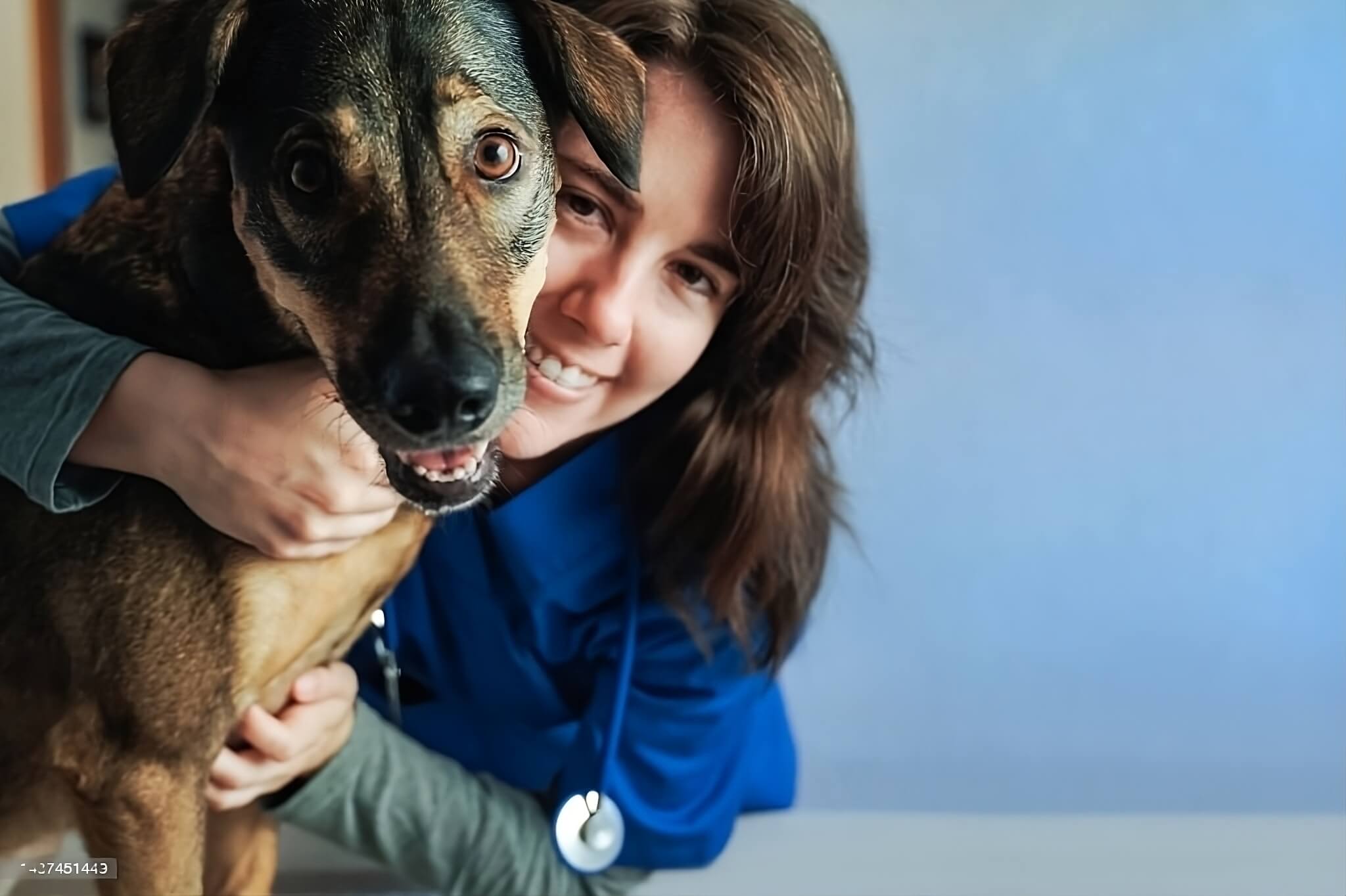Fasting Diet
One of the main prerequisites if anesthesia will be used during the operation. General anesthesia suppresses the cough and swallowing reflexes, which protect the respiratory tract from the entry of food particles during vomiting and regurgitation. Additionally, the sphincter between the stomach and esophagus relaxes post-anesthesia.
The duration of the fasting period varies depending on the pet's age, breed, and size:
The duration of the fasting period varies depending on the pet's age, breed, and size:
- For animals older than 4 months—fasting should last 4-6 hours;
- For puppies and kittens under 4 months—no fasting is required;
- Water should be removed 1-2 hours before the operation.
Blood Tests
Both general clinical and biochemical blood tests are conducted. Blood tests can help identify potential anemia, infection, weak immune system, and many other pathologies.
Echocardiographic Heart Examination
Only an ECG can identify inherited breed-specific heart conditions:
Screening also helps identify numerous other cardiovascular diseases of various categories that may hinder the successful execution of the operation.
- In cats (especially Maine Coons, British Shorthairs, and Persians)—hypertrophic cardiomyopathy;
- In dogs (especially giant breeds)—dilatational cardiomyopathy.
Screening also helps identify numerous other cardiovascular diseases of various categories that may hinder the successful execution of the operation.
Lungs X-ray
Essential for ruling out respiratory diseases.
Individually
The doctor may prescribe additional tests if needed.
